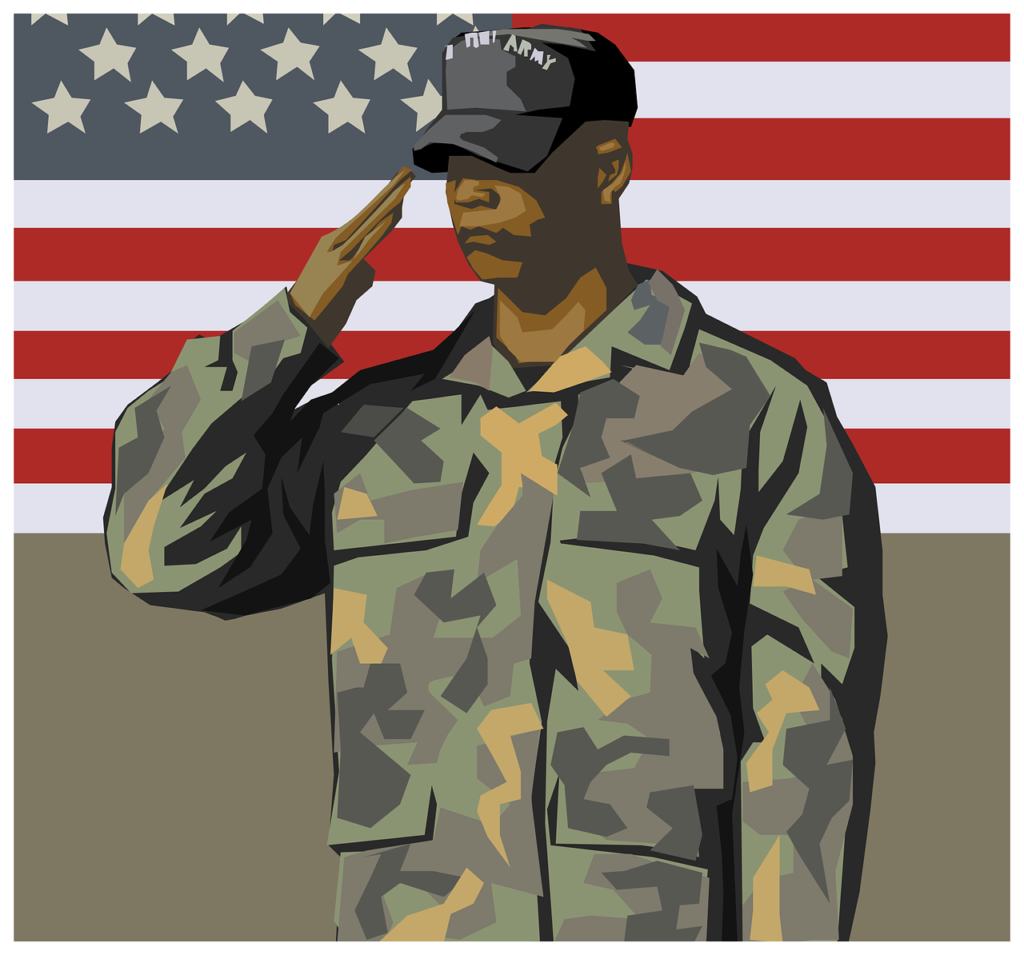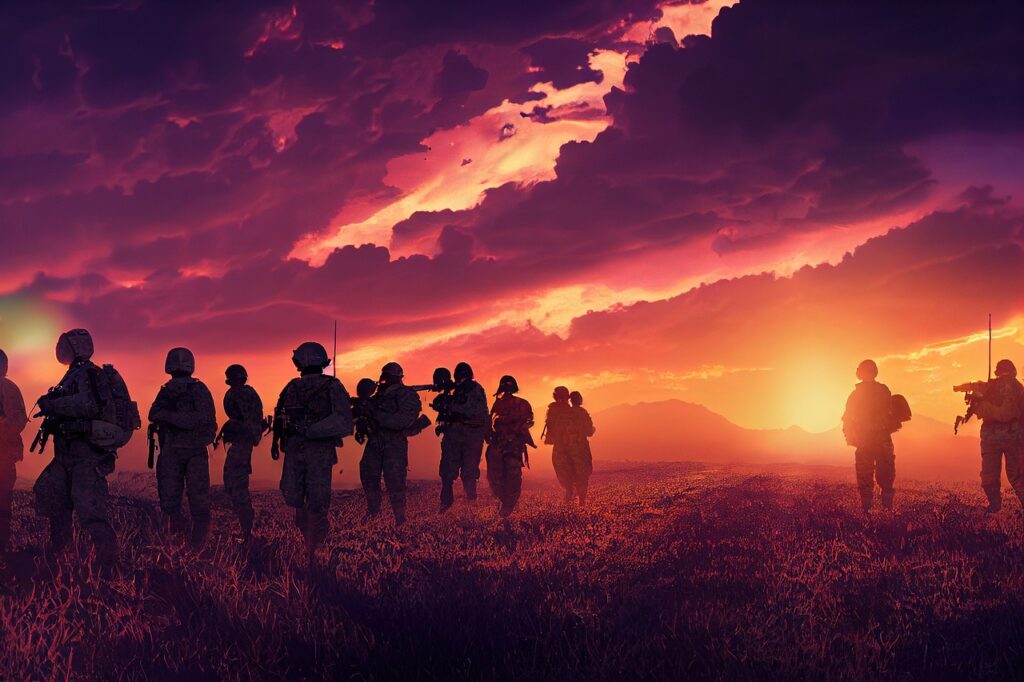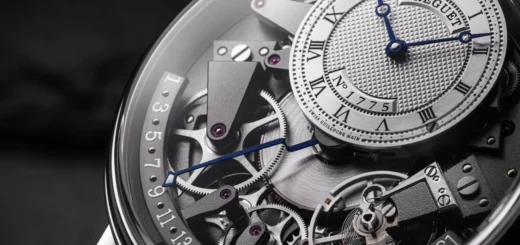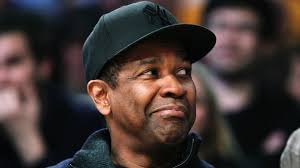“Beloved American Veteran, Richard Overton, Passes Away at the Age of 112.”


“For the initial 107 years of his life, Richard Overton lived quietly away from the public eye. A valiant World War II veteran serving in the Pacific, his post-retirement routine mainly comprised porch-sitting at his Austin, Texas, residence, enjoying cigars while engaging with an extensive network of relatives and friends. However, in 2013 during a visit to Washington, D.C., media began recognizing him as the oldest living U.S. veteran, a title that formally solidified in 2016.
Instantly, Overton found himself thrust into the spotlight. Texas Governor Rick Perry paid him a visit bearing whiskey, President Barack Obama extended an invitation to the White House, and the San Antonio Spurs honored him with a jersey commemorating his age of 110, inviting him onto the basketball court for a standing ovation. He became a prominent figure at various Austin civic gatherings, notably the annual Veterans Day parade.
Simultaneously, strangers showered him with mailed cigars, phone calls, and personal visits to express gratitude for his military service. “He’s a people person,” remarked Volma Overton Jr., 69, his second cousin once removed, during a 2016 interview with HISTORY. “He’ll chat with anyone and shake every hand.”
His family abided by the doctor’s advice, restricting his porch time to prevent overexertion. Yet they acknowledged his zest for the newfound fame. “He revels in it,” Overton Jr. commented. “He understands the attention and recognition he receives worldwide.”
Besides holding the distinction of being the oldest U.S. veteran for several years, Overton was believed to be the oldest living American male until his passing on December 27, 2018, at the age of 112. Despite requiring round-the-clock home care in his final days, friends and family attested to his sharpness of mind. Even at 111, he walked unassisted and relied on no regular medication beyond aspirin. Overton attributed his longevity to “God and cigars,” affirming in a 2016 interview with HISTORY that he still indulged in about 12 cigars daily, although he claimed never to inhale.”
“The oldest American veteran, Richard Overton, emerged from humble beginnings. His lineage traced back to enslaved ancestors who worked on Judge John Overton’s Nashville, Tennessee plantation, a close associate of President Andrew Jackson. Post-Civil War emancipation, his family migrated en masse from Tennessee to Texas. On May 11, 1906, Overton came into the world near Austin, during the presidency of Teddy Roosevelt, at a time when Albert Einstein had just introduced his special theory of relativity and the concepts of the Ford Model T and Titanic were yet to grace headlines. The era of color television was still distant, nearly half a century away.
Beginning his labor early in life, Overton engaged in a variety of odd jobs during his teenage and young adult years. He worked as a landscaper, cotton picker, home builder, and in a furniture store, alongside pursuing his passion for hunting. “Richard’s always been a hard worker,” remarked Overton Jr. “He hustled through every phase of his life.”
Military records show that Overton enlisted in the Army on September 3, 1942, at age 36, nine months after the United States had entered World War II. Serving with the all-black 1887th Engineer Aviation Battalion, he would eventually be shipped off to the Pacific Theater, apparently arriving in Pearl Harbor, Hawaii, his unit’s first overseas stop, the day after a series of accidental explosions sunk several ships and killed or wounded hundreds of men. (This incident, which occurred two-and-a-half years after the Japanese bombing of Pearl Harbor, would become known as the West Loch disaster.) Overton’s battalion later helped wrest control of Angaur, in the Palau islands, from the Japanese, and also made its way to Guam.
Richard B. Frank, an Asia-Pacific War historian, explained that most African-Americans were forced into service support units during World War II, and that the principal job of Overton’s battalion “would have been the building or maintenance of airfields.” The Library of Congress reported that Overton likewise served on burial detail, as base security, and as a jeep driver for a lieutenant. He saw combat as well, however, and was recognized by the Army for his expert marksmanship with a rifle.
“Even though some details of his service had faded by the time of his interview with HISTORY in 2016, Richard Overton’s trove of wartime memories remained vivid. He recounted arriving at Pearl Harbor amidst the aftermath of devastation, witnessing ships ablaze, and participating in harrowing battles that stained the waters red with blood. He spoke of facing enemy snipers concealed in trees and the haunting presence of oversized flies preying on the wounded. “It was tough, but I made it out alive,” Overton reflected. “I may not have looked the same, but I made it out.”
Post his Army discharge at the war’s end, Overton returned to Austin, a city strictly segregated under Jim Crow laws at the time, where he constructed the house that remained his home. (In spring 2017, in a tribute to him, the Austin City Council renamed his street as Richard Overton Avenue.) Initially rejoining the furniture industry, he later dedicated years of service at the state treasury department, notably working alongside future Texas Governor Ann Richards for a portion of that tenure.”
“Overton Jr. fondly recalled Richards’ care and affection for his cousin, emphasizing her dedication in looking after him. He noted that within the treasury department, Overton handled various responsibilities, relishing one particular task: ferrying substantial sums, often hundreds of thousands of dollars, to the bank via a golf cart.
Martin Wilford, a close friend and former colleague of Overton’s, reminisced about his dual employment, mentioning how Overton consistently pursued additional work, whether selling fruits or tending to yards. Wilford regarded him as one of the Capitol’s finest, describing Overton as cheerful, remarkably generous, and carefree.
Over the passing decades, despite two marriages and no children, Overton maintained remarkable health. Reflecting on his 95th birthday celebration, Volma Overton Jr. marveled at his cousin’s youthful appearance, comparing him to someone closer to 65. “He was incredibly active, chatting with everyone,” recounted Overton Jr. “He was always on the move, full of energy.”
“However, Richard Overton’s widespread recognition didn’t take hold until Allen Bergeron, chairman of Honor Flight Austin—a nonprofit dedicated to flying veterans to Washington, D.C., to visit monuments honoring their service—took notice of him. “I tracked down his address, drove over, and found him on his porch, sporting his World War II hat,” Bergeron recounted.
Their friendship blossomed, and in May 2013, Honor Flight Austin organized Overton’s inaugural trip to Washington. At 107 years old, Overton was moved to tears by the grandeur of the World War II and Martin Luther King Jr. memorials, as Bergeron recalled.
During this visit, passing Arlington National Cemetery, Bergeron overheard Overton contemplating aloud, pondering why he had returned home while others hadn’t: “God bless those soldiers. Why them? Why not me?”
Gaining notable media attention, Overton returned to Washington that Veterans Day, sharing breakfast at the White House with President Obama and Vice President Joe Biden. Riding in the presidential motorcade to Arlington National Cemetery, he was publicly praised by Obama. The president acknowledged the challenges faced by veterans like Overton upon returning to a racially divided nation, saying, “But this veteran stood tall.”
Moved by his story, thousands of people contributed to cover his home care expenses. Following a dangerous electrical incident at his home, the Home Depot Foundation and Meals on Wheels Central Texas renovated his house, providing air conditioning for the first time. Despite a battle with pneumonia in 2016, Overton remained upbeat upon returning home, stating, “I’m still here, doing well.” And then, he resumed his favorite activities: enjoying cigars and engaging with people.

This account has been updated to reflect Richard Overton’s passing on December 27, 2018, at the age of 112, following hospitalization due to pneumonia.”








